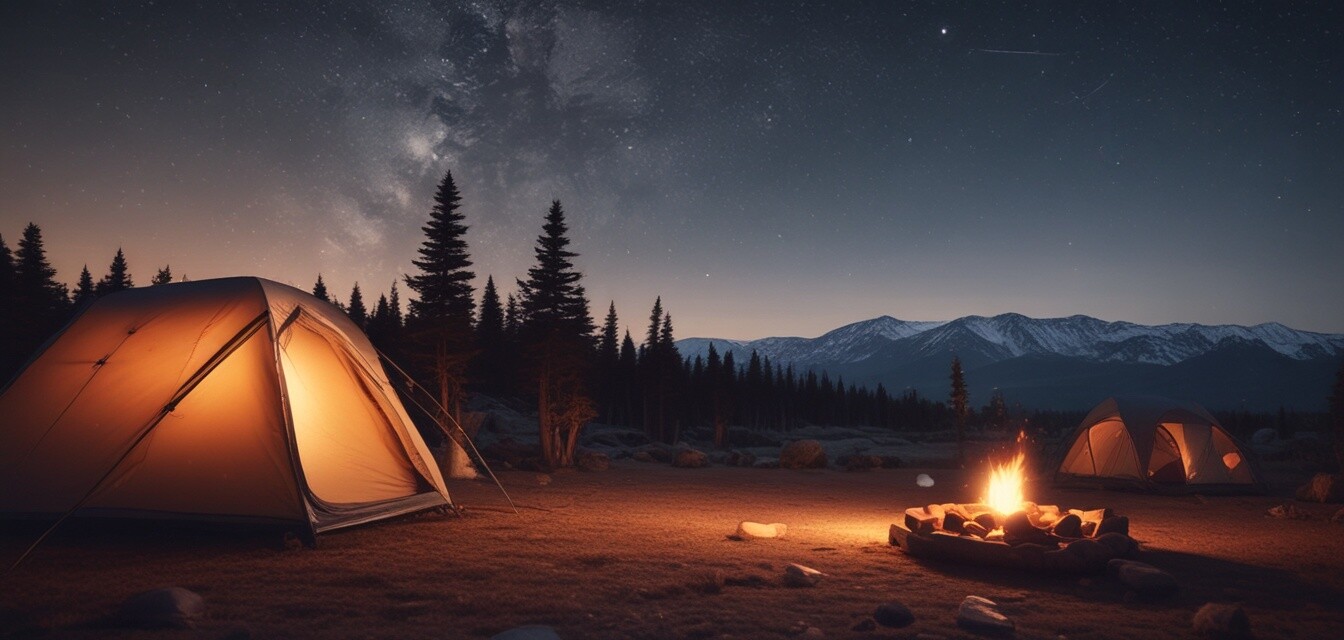
Tips for Stargazing While Camping
Key Takeaways
- Choose a dark location away from city lights for optimal stargazing.
- Bring essential gear such as binoculars and star charts.
- Check the weather forecast to ensure clear skies.
- Familiarize yourself with constellations and celestial events.
- Practice patience and enjoy the experience of the night sky.
Stargazing can elevate your camping experience, transforming a simple night outdoors into an awe-inspiring celestial adventure. Whether you’re a seasoned camper or new to the world of camping, having the right tips and gear can enhance your stargazing sessions. In this article, we’ll cover some essential tips to make the most of your stargazing while camping.
Why Stargazing is a Great Addition to Camping
Camping offers the perfect opportunity to escape the hustle and bustle of everyday life. When you’re away from city lights, the night sky reveals a beauty that is often overlooked. Stargazing allows you to connect with nature, appreciate the universe, and! embark on a journey of discovery. Not only is it a peaceful activity, but it can also spark curiosity for astronomy.
Essential Gear for Stargazing
To fully enjoy your stargazing experience, consider bringing along the following gear:
| Item | Description |
|---|---|
| Binoculars | Binoculars can significantly enhance the stargazing experience by bringing distant stars and celestial bodies closer. |
| Star charts or Apps | These tools help identify constellations and planets in the night sky. |
| Red flashlight | A red flashlight preserves your night vision and helps you navigate the campsite. |
| Blankets or reclining chairs | These can provide comfort while you lie back to observe the sky. |
Best Practices for Stargazing
To optimize your stargazing experience, keep these best practices in mind:
- Location Matters: Find a dark spot away from artificial lights. National parks or remote camping sites are ideal.
- Check the Weather: Ensure clear skies, as clouds can obstruct your view.
- Timing: Stargazing is typically best on moonless nights or when the moon is less than half full.
- Learn Your Constellations: Familiarizing yourself with key constellations can make your stargazing more rewarding.
- Patience is Key: Give your eyes time to adjust to the darkness (about 20-30 minutes) before looking at bright objects.
Stargazing Safety Tips
While you're keen on enjoying the night sky, remember these safety tips to have a secure and enjoyable experience:
- Stay close to your campsite to avoid getting lost.
- Be aware of your surroundings and watch out for wildlife.
- Ensure any fires or candles are extinguished before starting your stargazing session.
- Inform someone at your campsite of your whereabouts if you venture farther away.
Conclusion
Stargazing while camping can be a magical experience. With the right tips and tools at your disposal, you can truly appreciate the vastness of the universe above you. Remember to embrace the moment, as stargazing is not just about seeing, but also experiencing the wonder of our natural world. For more information on enhancing your camping experience, check out our Camping Tips and Tricks section.
Pros
- Enhances the overall camping experience.
- Encourages relaxation and contemplation.
- Can be enjoyed solo or with friends.
Cons
- Can be dependent on weather conditions.
- Requires some level of preparation and gear.